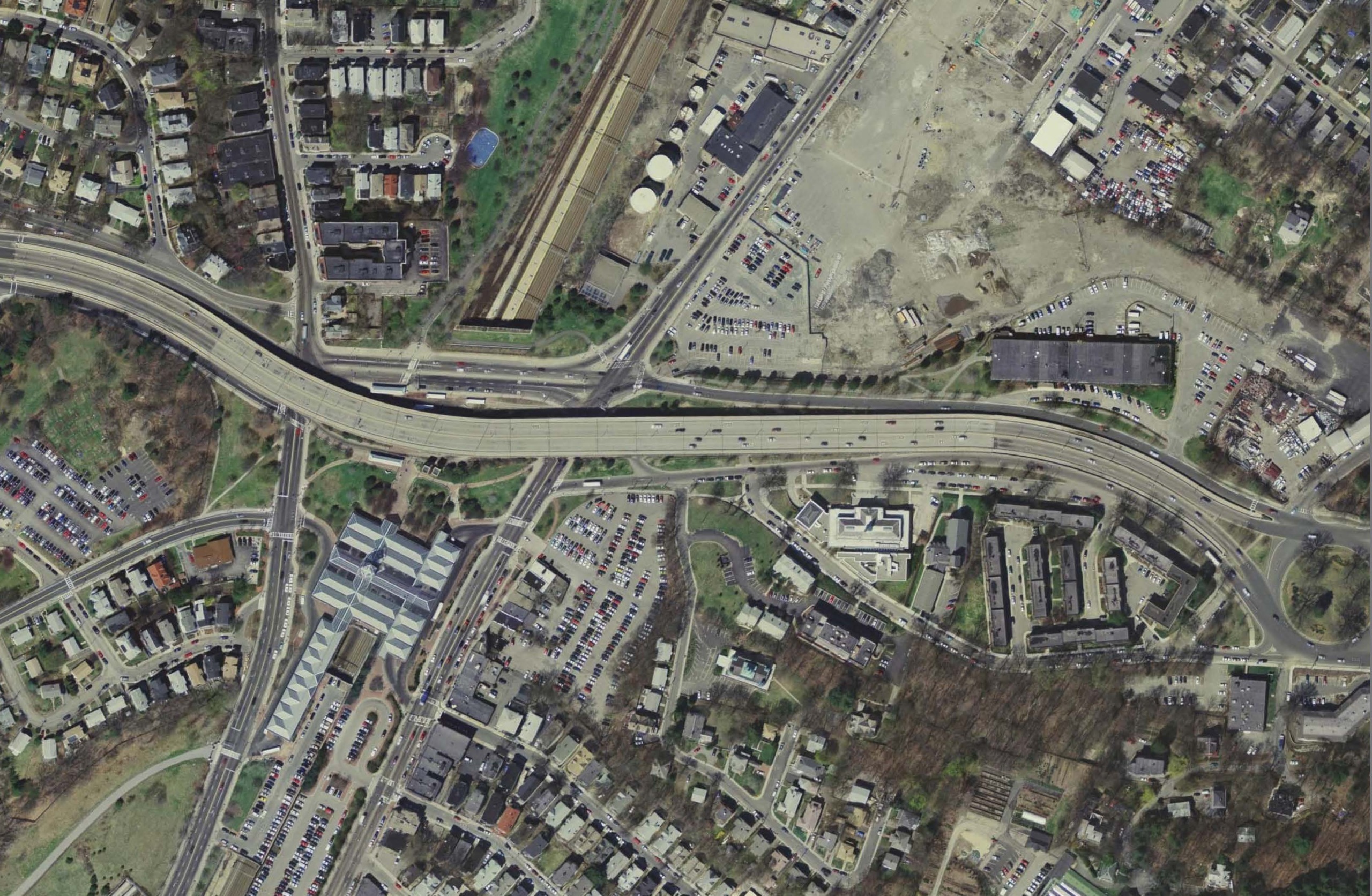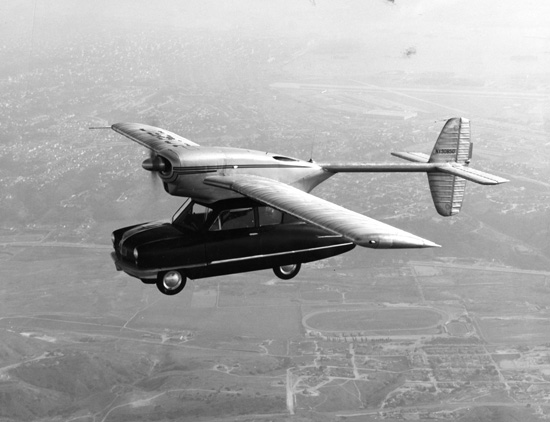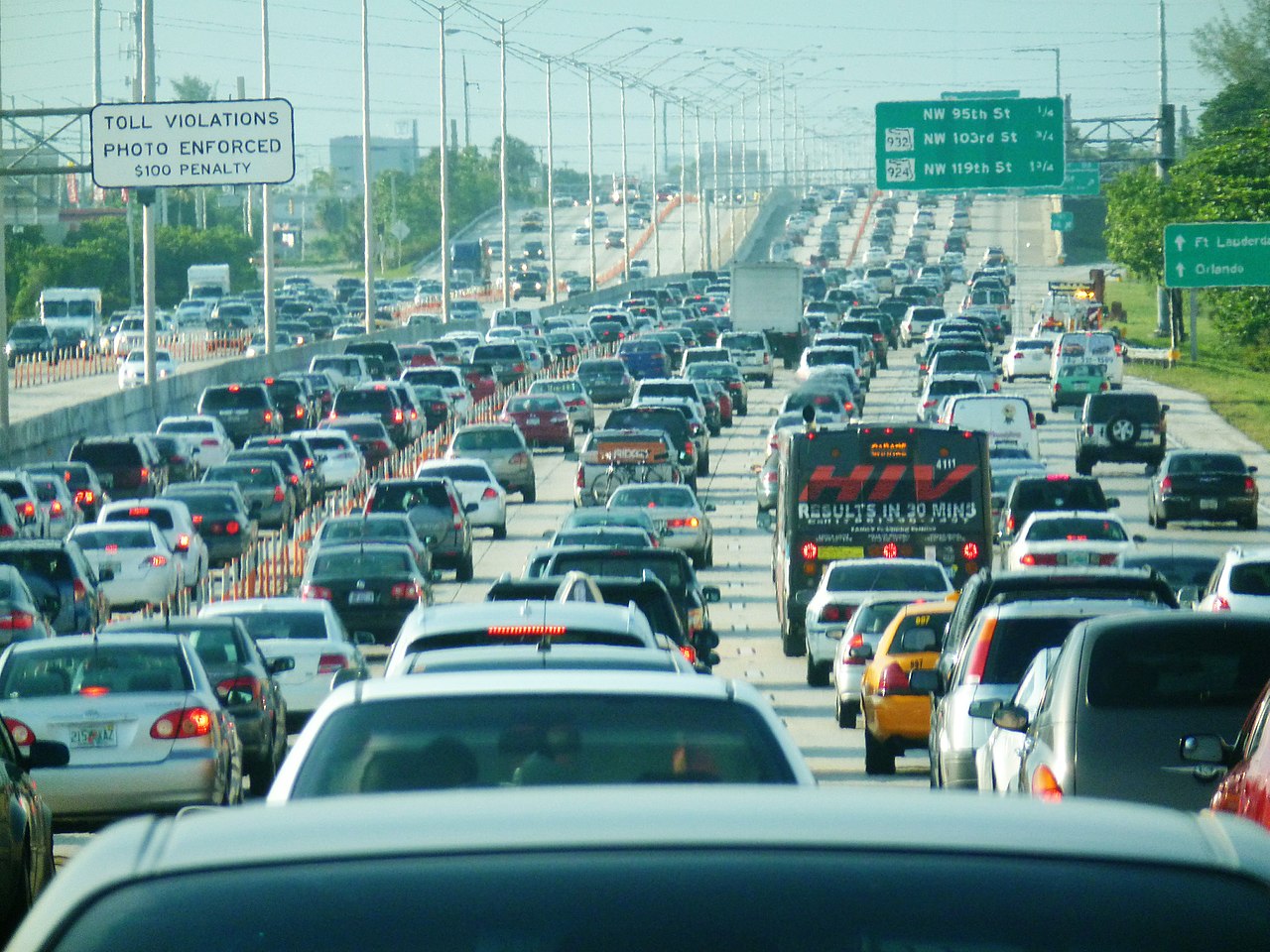
Passengerless Cars and Riderless Bicycles
This week, my son is attending Lego camp at a community center close to our house. He’s thrilled to spend hours playing with cool Lego pieces, and I’m happy that we can bike there instead of drive. Our method of transportation draws a lot of comments, though, when I ride home with his empty bicycle.
This week, my son is attending Lego camp at a community center close to our house. He’s thrilled to spend hours playing with cool Lego pieces, and I’m happy that we can bike there instead of drive. Our method of transportation draws a lot of comments, though.
To get around town, we attach a trail-a-bike (see a photo here) to my bike. On the way to camp, he sits behind me and pedals along. (Or, that’s what he’s supposed to be doing. Often, he seems to do more talking than pedaling.) On the way home, I tow the empty trail-a-bike—and it is that empty seat that draws lots of odd looks and comments. I explain “No, the kid didn’t fall off the bike. I’m just going home after dropping him off at camp.”
I had a similar experience two years ago when I would walk to pick my son up from preschool, pushing the empty stroller in case he didn’t feel up to walking the whole way home. One day on the way to pick him up, I waved to a friend driving past. She later said “I didn’t realize it was you at first; I just saw this crazy lady pushing an empty stroller.”
Nobody gives me a second look or calls me a crazy lady when I drive a car with four empty seats in it, even though it is pretty much the same situation. I hope this is one of the things that changes along with other shifts in personal transportation in America, as ride-sharing services like Carma carpooling, Lyft, and Uber (and the concept of slugging) become more common and make it easier to fill empty seats. I don’t mind being called crazy; what I want is for us to think passengerless cars are crazy.
Topics
Authors
Elizabeth Ridlington
Associate Director and Senior Policy Analyst, Frontier Group
Elizabeth Ridlington is associate director and senior policy analyst with Frontier Group. She focuses primarily on global warming, toxics, health care and clean vehicles, and has written dozens of reports on these and other subjects. Elizabeth graduated with honors from Harvard with a degree in government. She joined Frontier Group in 2002. She lives in Northern California with her son.
Find Out More

Four ways to look at a project (or policy, or almost anything)

America needs a “roads review”

Where’s my flying car? Who cares?

